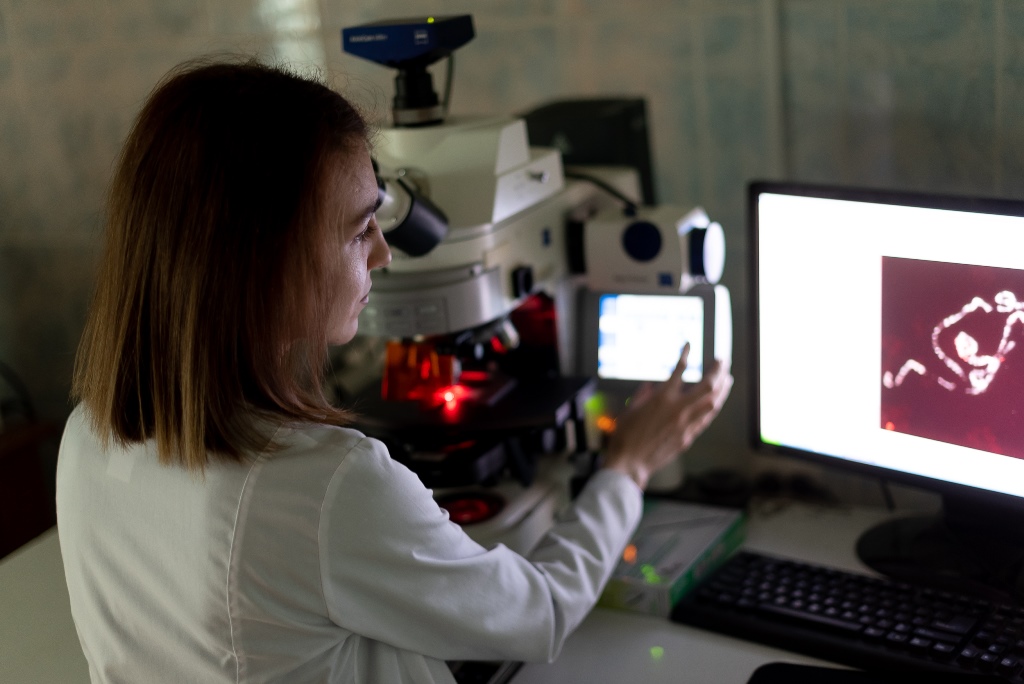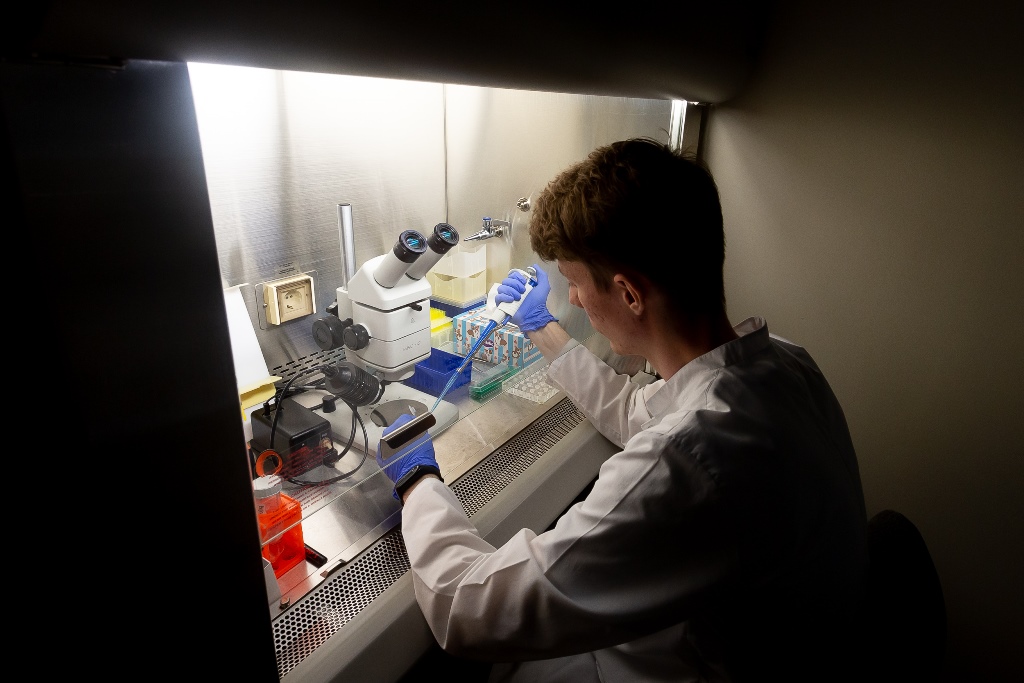Engineering biology is one of the most dynamically developing areas of science in the world. It can provide answers to some of the main challenges of humanity: create new diagnostic systems, create medicines to combat serious diseases, solve food security problems, and much more.
Tomsk State University geneticists are investigating the properties of DNA repair system proteins in microorganisms subjected to genotoxic stress. Proteins with altered properties and functions can become an effective tool for creating new genetic engineering technologies. The project is supported by the Priority 2030 program.
"In the new project, we are working with the microbiome (community of microorganisms) in the intestines of the malaria mosquito Anopheles sp. We have isolated this microbiome, and now the object of our research is the proteins of the repair system. The system protects DNA in case of exposure to negative physical or chemical factors. For us, the negative factor is blood, which is an aggressive environment for microbes," said Alina Kohanenko, the project director, senior researcher at the Laboratory of Ecology, Genetics and Environmental Protection of the TSU Biological Institute.
The objective of the project is to find out how the properties of the repair proteins change and what new functions they acquire while adapting to genotoxic stress. Geneticists will analyze the microbiome from the intestines of malaria mosquitoes at different stages of blood digestion, isolate the DNA of microorganisms, and analyze their metagenome. It will enable scientists to identify all the intestine inhabitants and study their DNA protection systems. The object of the study will be proteins whose properties and functions differ from the norm.
"We will get proteins using the method of molecular cloning. The gene producing the protein will be inserted into the plasmid (a small DNA molecule physically separated from the chromosomes) of E. coli - Escherichia coli. It's a very convenient model organism that is often used in research. For us, it will serve as a kind of incubator. Here, the protein we need will be developed with the exact properties that it showed inside the microbe adapting to the effects of a negative factor," explained Alina Kohanenko.

A similar method of protein production is used for manufacturing synthetic insulin. This method saves humanity from the need to derive a vital hormone from the animal blood or synthesize it chemically. The medicine obtained by molecular cloning is genetically closest to a human; it is cleaner, which minimizes adverse reactions.
The proteins synthesized in the bioincubator will be purified and examined by scientists. As soon as geneticists discover what the new functions are, they will be able to find practical application for the identified properties. First of all, this information can be used for creating genetic engineering approaches or improving the existing ones. For example, one of the DNA repair proteins - uracil-DNA-glycosylase - is already being used for improving the PCR protocol in Russia. As a result, samples are clear from foreign DNA.
Under the strategic project "Engineering Biology" Tomsk State University is carrying out a number of studies to create new tools and technologies that solve urgent problems of humanity. In particular, TSU scientists are solving the problem of bacterial resistance to antibiotics, which will help doctors in the fight against severe, intractable forms of infectious diseases.







